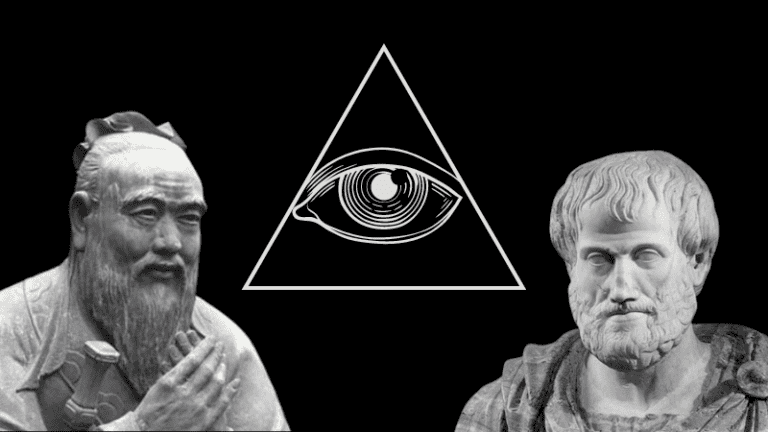The Shadows of Progress: Rousseau's Critique of Modernity in the Arts and Sciences
Jean-Jacques Rousseau, a luminary of Enlightenment thought, was paradoxically one of its harshest critics, especially when it came to the influence of the arts and sciences on society. In his "Discourse on the Sciences and Arts" (1750), Rousseau put forward the provocative thesis that while these developments advanced knowledge and civilization, they simultaneously promoted moral corruption and inequality. This view is an important lens through which we can examine the ongoing tensions between technological progress and ethical integrity in contemporary society.
Rousseau's "Critique": Enlightenment as moral decay
Rousseau was of the opinion that the progress of the arts and sciences had not led to an improvement in morals, but to their decline. In his opinion, the pursuit of knowledge and aesthetic refinement promoted vanity, envy and competition, thus undermining the virtuous, egalitarian society envisaged in the state of nature. According to Rousseau, as societies become more sophisticated, they also become more deceitful and manipulative, a far cry from the "noble savage" who lived in harmony with the natural world.

The arts and sciences today: a double-edged sword
In today's world, the tensions described by Rousseau are still of great importance. Modern technological advances, from artificial intelligence to genetic engineering, present us with profound ethical dilemmas and social challenges. The digital revolution, for example, while connecting billions of people, also raises significant concerns about privacy, misinformation and the erosion of community ties. Similarly, while medicine has vastly improved people's life expectancy and quality of life, it also raises questions about the natural limits of human life and the ethics of biotechnological interventions.
The impact on social structures
Rousseau feared that the arts and sciences would primarily benefit the rich and powerful, exacerbate social differences and lead to a society ruled by an elite. This criticism also applies today, where access to technology and education remains unequal and existing social hierarchies are often reinforced rather than reduced. The global digital divide, for example, highlights the great inequality in access to information technology, which has a significant impact on social and economic mobility.
Mastering complexity: Embracing a dynamic reality
While Rousseau's observations provide a critical framework for questioning the consequences of progress, they perhaps oversimplify the complexity of modern society. Reality, much like Heraclitus' philosophical concept of "Panta Rei", which states that everything flows, is dynamic and constantly changing. The Daoist view of reality also emphasizes harmony and the constant interplay of opposites, suggesting that balance is required rather than outright rejection of progress.
By embracing these philosophies, we recognize that while the arts and sciences can lead to problems, they are also critical to solving them. The challenge is to steer the course of progress in a way that does not compromise human values and social justice.
Conclusion: The fascinating yet complex nature of Rousseau's critique
Rousseau's critique of the arts and sciences opens up an interesting avenue of discussion about the impact of human progress on moral and social conditions. His concerns, echoed through the centuries, challenge us to question not only the benefits but also the costs of progress. In addressing these questions, however, it is important to be aware of the fluid and multi-layered nature of society and human endeavor. Managing the complexity of technological and scientific development requires a dynamic approach that constantly adapts and readjusts to new challenges and opportunities. Rousseau's perspective, while compelling and insightful, is only one part of a larger dialog about how we can best balance our technological capabilities with our ethical responsibilities.







